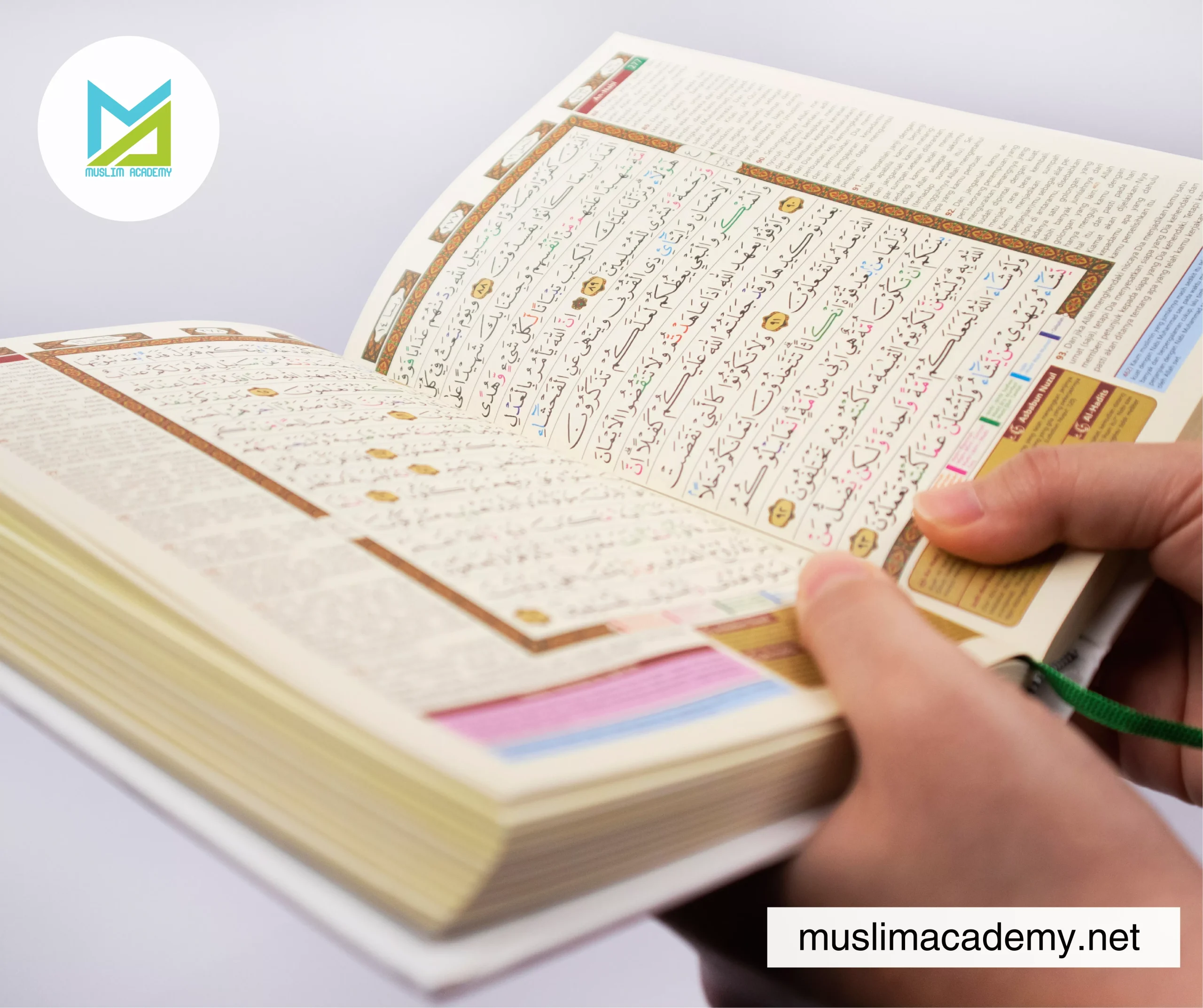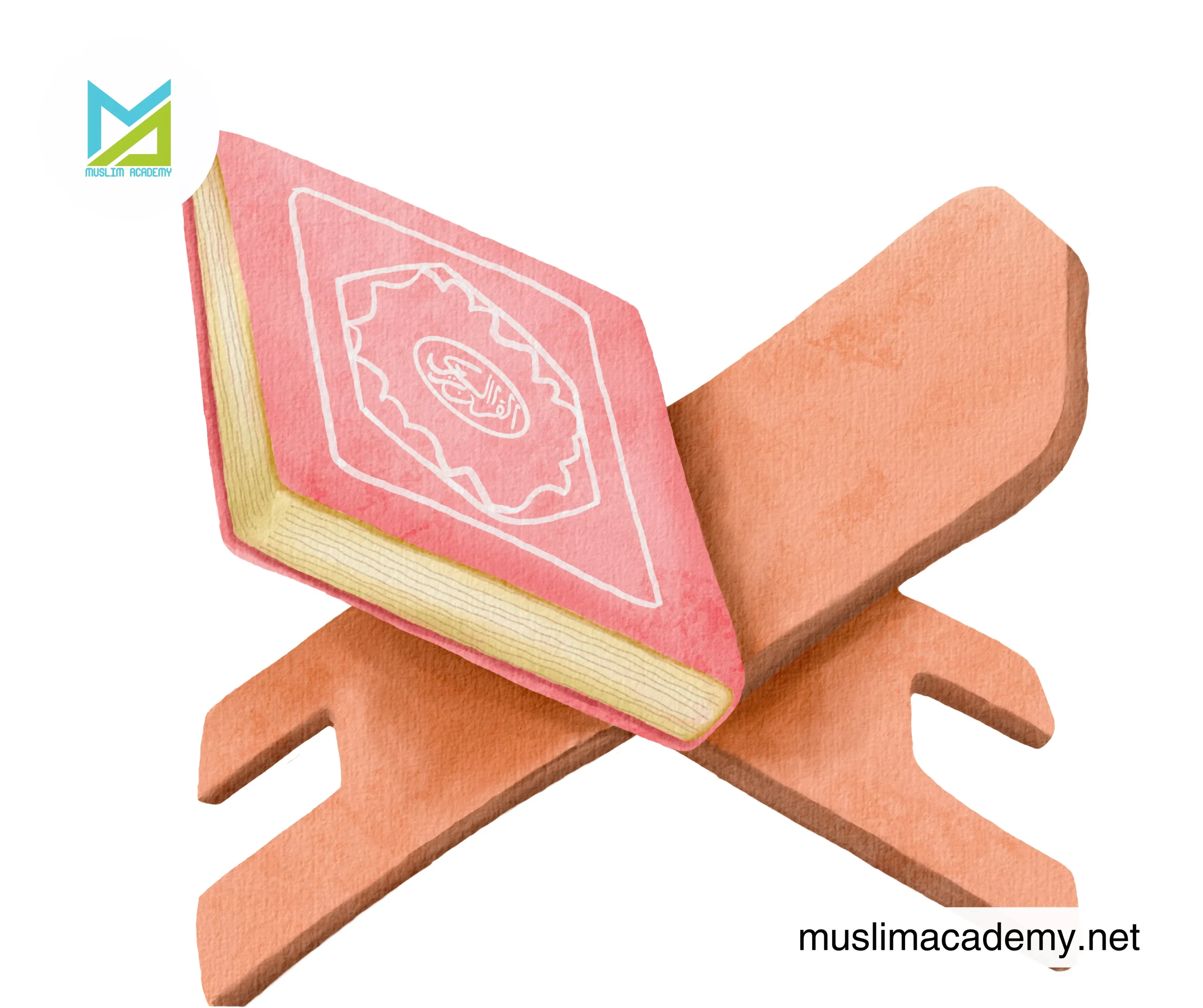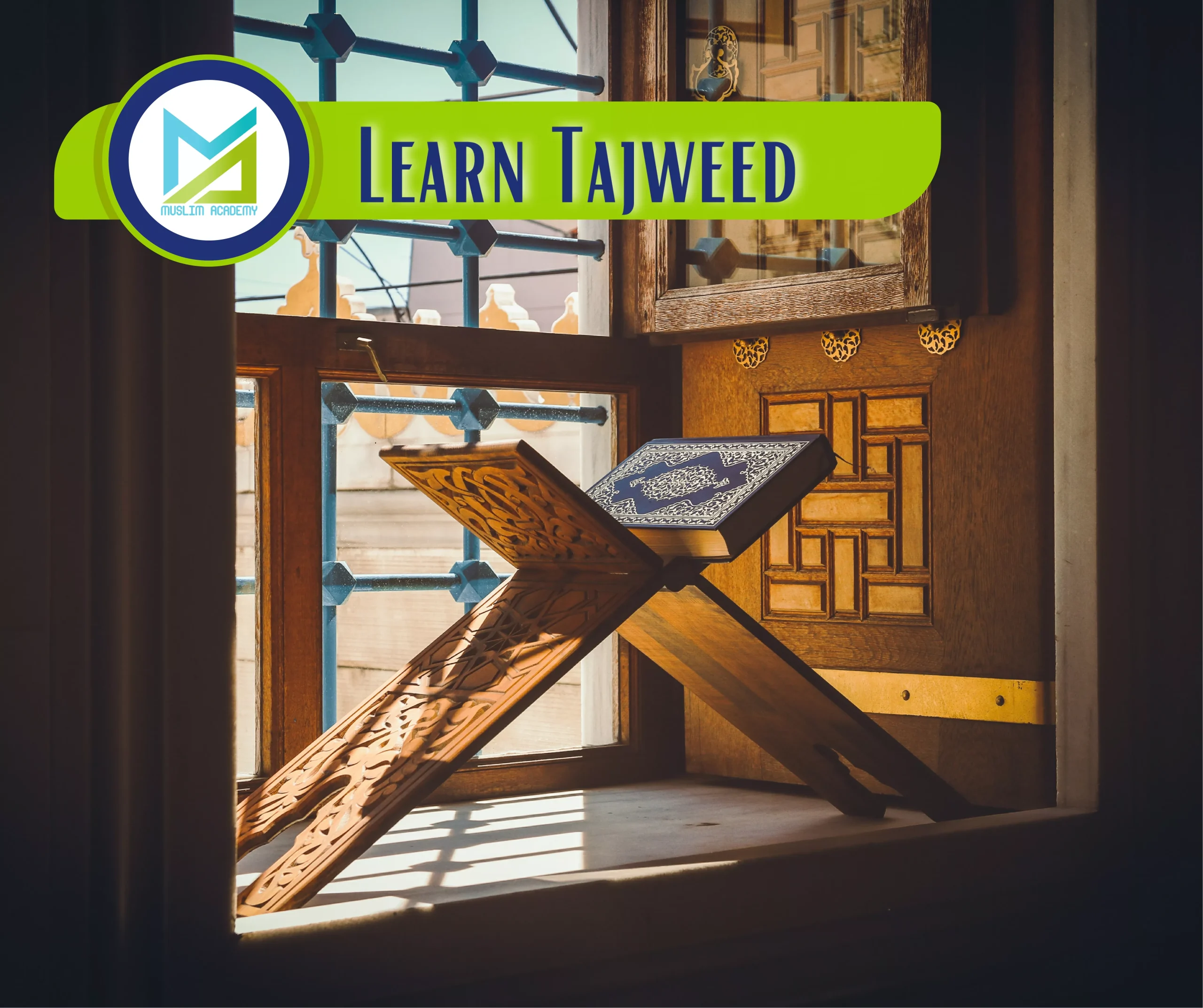Start Online Quran Classes with Muslim Academy
https://muslimacademy.net/index.php/free-trial/
The art of Quranic recitation reaches its pinnacle through the mastery of Tajweed, an intricate science that governs the proper pronunciation, rhythm, and melodious delivery of the Holy Quran. This ancient discipline represents far more than mere technical skill; it embodies a profound spiritual practice that connects believers directly to the divine revelation as it was originally intended to be heard and experienced. When Muslims make the commitment to Learn Tajweed with Muslim Academy, they embark on a transformative journey that enhances their worship, deepens their spiritual connection, and preserves the sacred oral tradition that has been meticulously maintained for over fourteen centuries.
Tajweed, derived from the Arabic root meaning “to make beautiful” or “to perfect,” encompasses a comprehensive system of rules and techniques that ensure accurate pronunciation while creating the distinctive melodious flow that characterizes expert Quranic recitation. The decision to Learn Tajweed with Muslim Academy represents a commitment to honoring the divine text in its most authentic and beautiful form, following the precise manner in which the Prophet Muhammad (peace be upon him) received and transmitted the revelation to his companions.
The Sacred Origins and Historical Development
The foundation of Tajweed science traces directly to the prophetic tradition, where the Quran was revealed with specific pronunciation patterns and rhythmic qualities that were carefully preserved through oral transmission. The Prophet’s companions learned not only the words of the revelation but also the exact manner of recitation, ensuring that future generations would have access to the authentic form of divine communication.
As Islam spread across diverse linguistic regions, early Islamic scholars recognized the critical need to systematize Tajweed principles to prevent pronunciation errors that might alter meanings or diminish the spiritual impact of Quranic recitation. These dedicated scholars meticulously documented the rules governing proper recitation, creating comprehensive frameworks that enable contemporary students to Learn Tajweed with Muslim Academy with complete authenticity and precision.
The historical development of Tajweed as a formal science involved contributions from numerous renowned scholars who specialized in different aspects of Quranic recitation. Their collective efforts established the systematic methodology that continues to guide Tajweed education today, ensuring that modern learners receive the same quality of instruction that has characterized Islamic education throughout the centuries.
Comprehensive Components of Tajweed Science
Fundamental Pronunciation Principles
The cornerstone of Tajweed education lies in mastering the precise pronunciation of Arabic letters and their various characteristics. Students who Learn Tajweed with Muslim Academy begin with a detailed study of articulation points (Makharij al-Huruf), learning the exact positioning of tongue, lips, throat, and other vocal organs required to produce each of the twenty-nine Arabic letters with complete accuracy.
These articulation points are not arbitrary designations but represent scientifically precise descriptions of sound production that ensure consistency and clarity in recitation. Students develop the ability to distinguish between similar sounds that might be confused by non-Arabic speakers, such as the various forms of pharyngeal and emphatic consonants that give Arabic its distinctive character.
The study of letter characteristics (Sifat al-Huruf) provides a deeper understanding of the qualities inherent in each Arabic letter, including attributes such as strength, weakness, aspiration, and resonance patterns. This knowledge enables students to apply appropriate emphasis and softness that contribute to the overall beauty and authenticity of their recitation.

Advanced Phonetic Interactions
Beyond individual letter pronunciation, students who Learn Tajweed with Muslim Academy must master complex rules governing how letters interact when they appear adjacent to each other in words and phrases. These phonetic phenomena include assimilation (Idghaam), where certain letters blend, substitution (Iqlaab), where one sound transforms into another, and concealment (Ikhfaa), where sounds are partially hidden or softened.
Understanding these advanced concepts requires extensive practice and careful attention to detail, as they occur automatically in fluent recitation but must be consciously learned and applied by beginning students. The mastery of these rules distinguishes proficient reciters from novices and contributes significantly to the smooth, melodious flow that characterizes expert Quranic recitation.
Students learn to recognize contextual cues that indicate when specific rules apply and develop the muscle memory necessary to execute these phonetic changes seamlessly during recitation. This automatic application of complex rules represents one of the major achievements in the journey to Learn Tajweed with Muslim Academy effectively.
Rhythmic Patterns and Melodic Structure
Tajweed encompasses sophisticated rules governing the timing, rhythm, and melodic patterns that give Quranic recitation its distinctive spiritual character. Students study various types of elongation (Madd), learning when and how long to extend vowel sounds based on surrounding letters and grammatical contexts.
The science includes detailed instructions on pause marks (Waqf) that indicate appropriate places to stop during recitation, ensuring that meanings are preserved and spiritual impact is maintained. Understanding these pause rules prevents students from breaking phrases in ways that might alter intended meanings or create grammatical confusion.
Students who Learn Tajweed with Muslim Academy also explore different authentic recitation styles that have been transmitted through various chains of scholarship, appreciating how individual expression within established parameters creates the rich diversity found in traditional Quranic recitation while maintaining fundamental accuracy and authenticity.
Progressive Learning Methodology
Beginning Foundation Building
The journey to Learn Tajweed with Muslim Academy typically begins with establishing solid foundations in Arabic letter recognition and basic pronunciation skills. Students start with individual letter pronunciation exercises, focusing on accuracy and consistency before progressing to more complex combinations and interactions.
This foundational phase emphasizes patience and precision over speed, as correct pronunciation habits established early in the learning process prove much easier to maintain than correcting errors that develop from rushed or inaccurate initial instruction. Regular assessment and feedback ensure that students develop proper techniques before advancing to more challenging concepts.
Beginning students often work with carefully selected Quranic passages that illustrate fundamental Tajweed principles without overwhelming complexity. These practice texts allow students to apply newly learned rules in authentic contexts while building confidence and familiarity with Quranic Arabic.

Intermediate Skill Development
As students progress in their efforts to Learn Tajweed with Muslim Academy, they advance to studying more complex phonetic interactions and applying multiple rules simultaneously within flowing recitation. This intermediate phase requires developing the coordination necessary to maintain proper pronunciation while managing rhythm, melody, and spiritual awareness.
Students practice with increasingly challenging Quranic passages that contain various combinations of Tajweed rules, learning to identify and apply appropriate techniques automatically during recitation. Regular practice sessions focus on building fluency while maintaining accuracy in rule application.
The intermediate phase often includes memorization of selected chapters or verses that reinforce newly learned concepts while providing opportunities for practical application in prayer and personal recitation. This integration of memorization with Tajweed study creates deeper retention and more natural application of learned skills.
Advanced Mastery and Refinement
Advanced students who Learn Tajweed with Muslim Academy focus on perfecting their recitation through detailed study of subtle pronunciation nuances and sophisticated stylistic elements. This phase emphasizes developing personal recitation style within authentic traditional parameters while maintaining complete accuracy in rule application.
Students at this level often work toward certification or authorization (Ijazah) that recognizes their mastery and qualifies them to teach others. This advanced study typically involves intensive work with master teachers who can provide sophisticated feedback on subtle aspects of recitation quality and spiritual expression.
The advanced phase includes exposure to various authentic recitation traditions and study of classical works on Tajweed science, providing a comprehensive understanding of the discipline’s intellectual and spiritual dimensions.
Benefits and Spiritual Dimensions
Enhanced Worship Experience
The most immediate benefit students experience when they Learn Tajweed with Muslim Academy is the transformation of their prayer and recitation experience. Proper application of Tajweed rules creates the melodious, spiritually moving recitation that enhances concentration and emotional engagement during worship.
Students report that mastering Tajweed deepens their spiritual connection to the Quranic text while making prayer more meaningful and satisfying. The beauty of proper recitation creates an atmosphere of reverence that enhances the overall worship experience and strengthens the believer’s relationship with the divine message.
The precision and mindfulness required in Tajweed practice naturally cultivate spiritual awareness and reverence that extend beyond formal recitation into broader aspects of Islamic practice and daily spiritual reflection.
Preservation of Sacred Tradition
By choosing to Learn Tajweed with Muslim Academy, students participate in preserving one of Islam’s most essential cultural and religious traditions. This preservation effort ensures that future generations will continue to have access to authentic Quranic recitation and the spiritual benefits it provides.
Students become links in the unbroken chain of transmission that connects contemporary Muslims to the Prophet’s original teaching, maintaining the integrity of this sacred tradition while adapting to modern learning contexts and educational technologies.
The commitment to Learn Tajweed with Muslim Academy represents a form of spiritual service to the Muslim community and a contribution to maintaining the authentic transmission of Islamic knowledge and practice.
Contemporary Learning Approaches
Traditional Teacher-Student Relationships
Many students Learn Tajweed with Muslim Academy through traditional apprenticeship relationships with qualified teachers who provide personalized instruction, immediate feedback, and spiritual guidance throughout the learning process. This classical approach offers the benefits of direct transmission and individualized attention that have characterized Islamic education for centuries.
Traditional instruction often takes place in mosque settings or Islamic institutions where students benefit from immersive learning environments and community support. The personal relationships developed between teachers and students create lasting connections that extend beyond formal education into lifelong spiritual mentorship.
Modern Educational Technologies
Contemporary digital platforms and educational technologies
have created new opportunities for students to Learn Tajweed
With Muslim Academy through interactive applications,
online courses, and multimedia resources. These modern tools offer flexibility,
accessibility, and innovative features that enhance traditional learning methods.
Digital platforms often provide features such as audio comparison tools,
visual pronunciation guides, and progress tracking systems
that help students monitor their advancement and identify areas requiring additional practice.
These technological enhancements can accelerate learning while maintaining authentic instruction quality.
The commitment to Learn Tajweed with Muslim Academy
represents one of the most rewarding and spiritually enriching
educational pursuits available to Muslims, offering benefits
that extend far beyond technical proficiency to encompass spiritual growth,
cultural preservation, and deepened connection to the divine message.
Through dedicated study and consistent practice,
Students can master this sacred science
while contributing to the continuation of an essential Islamic tradition that continues to inspire and guide believers throughout the world.
